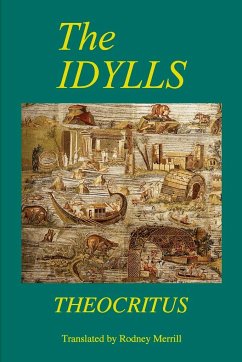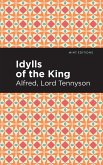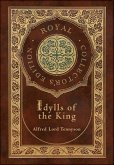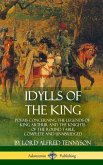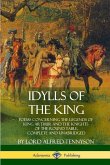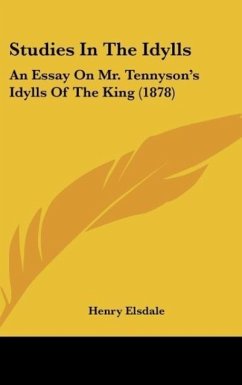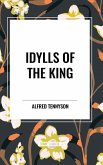Theocritus lived in the age called Hellenistic, following the conquests of Alexander the Great, which greatly increased the ascendancy of Greek culture. Both his poetry and what we can infer from it about his life display the cosmopolitanism that the widespread empire and its successors encouraged: he appears to have been familiar with at least Sicily, Miletus, Cos (an island near Anatolia), Athens and Alexandria, the two cultural capitals of the Greek world. Though best known to literary historians as the initiator of the pastoral strain in poetry, that is, stylized representations of country folk, especially as they experience sexual desire, his Idylls go well beyond that subject matter to deal with city folk, fishermen, urban boy-love, heroes and demigods such as Herakles and the Dióskouroui, Helen of Troy, mythical figures like the Cyklops Polyphémos, and his royal patrons, Híeron II of Syracuse and Ptólemy II of Egypt. Also extant in the Greek Anthology are some epigrams attributed to him. Commentators doubt the authenticity of several poems, but they were regarded as his in antiquity, so they have remained in the collection. I have also included a perhaps later poem, Mégara, because like some idylls it extends the story of Herakles. They are all immensely enjoyable, especially when read aloud, even enacted, as they well may have been in ancient times. As I have used English versions of the musical ancient meters-mainly the dactylic hexameter derived from Homeric epic-their music resounds best in a viva voce reading. I have also provided notes to help readers not versed in ancient culture understand literary and historical contexts and allusions and to suggest interpretations as starting points for thinking about the poems.

